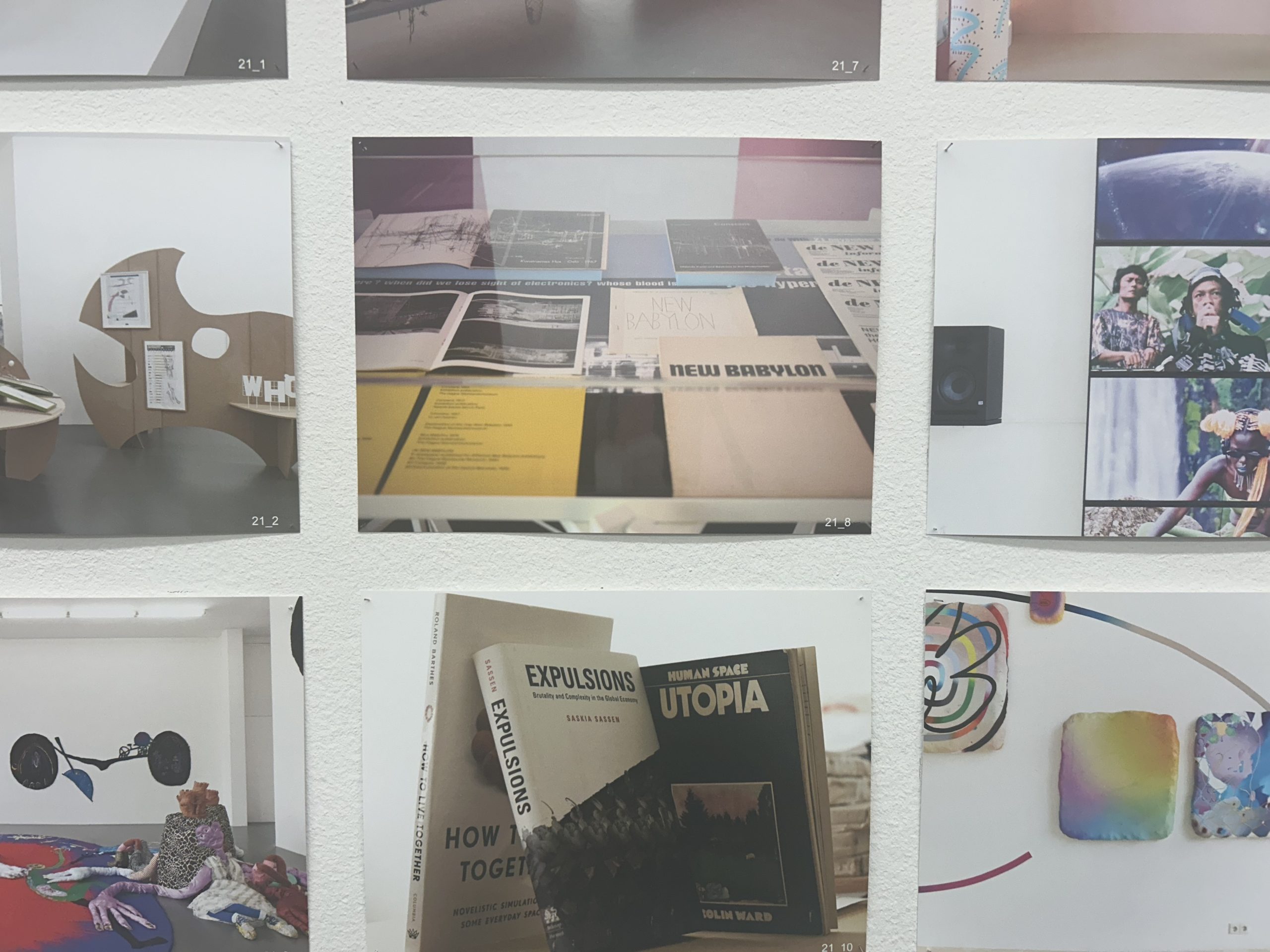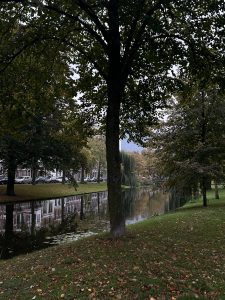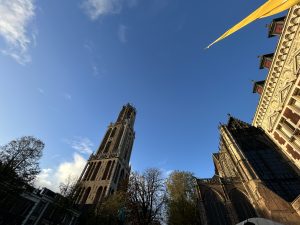
A Young Researcher’s Experience Thanks to the UN Grant
Research Taking Shape: A Young Researcher’s Experience in Utrecht Thanks to the Utrecht Network Grant
When research evolves, the perspective of the researcher shifts as well. This is what Arianna Preite, a young scholar working at the intersection of literary theory and philosophy, experienced during her recent stay at Utrecht University, supported by the Utrecht Network Young Researcher Grant. As she explains, “the grant made possible a crucial step in my PhD journey at a time when I no longer had access to departmental funding.”
 From Motivation to Departure: Turning an Opportunity into Reality
From Motivation to Departure: Turning an Opportunity into Reality
Arianna first came across the grant just as she was preparing for a six-month research stay at Brighton University, an experience she deeply valued. At the same time, she had become increasingly aware of the significance of the methodologies developed at Utrecht University for her doctoral work. “Spending some time in Utrecht before completing my PhD had become equally important,” she recalls. The Young Researcher Grant offered a realistic way to make this additional mobility possible.
Research, Dialogue, and a Truly Feminist Environment
During her stay in Utrecht, Arianna focused on diffractive reading and neo-materialist theories, two of the central axes of her PhD. Weekly meetings with her supervisors provided space for constructive dialogue and methodological refinement. “I received consistently meaningful and engaging feedback, which helped me develop a more personal approach to my theoretical framework,” she says.
Equally impactful was the atmosphere within the hosting department, which she describes as “a truly feminist environment.” It was an academic space that encouraged openness, collaboration, and intellectual independence. “I felt supported in pursuing my own path and finding my own voice through the research,” she adds.
Lasting Academic Impact
The stay played a central role in shaping Arianna’s methodological outlook, particularly in relation to the theories of Karen Barad, whose work is fundamental to her thesis. The opportunity to exchange ideas with scholars who have long engaged with these theoretical approaches allowed her to solidify a more mature and nuanced framework.
More than simply funding a mobility period, the Utrecht Network Young Researcher Grant strengthened an international research network and transformed theoretical insights into shared, situated academic practice. As Arianna reflects, “It was a very special experience—one that helped me grow not only as a researcher, but also as a person doing research in dialogue with others.”


